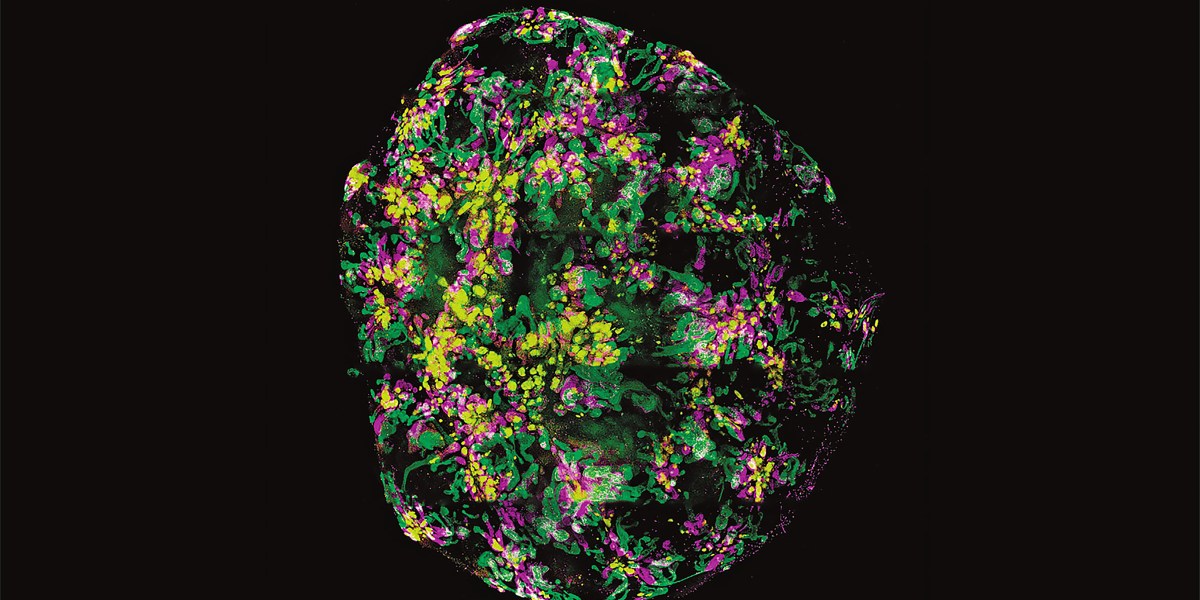The Download: organoid uses, and open source voting machines

How open source voting machines could boost trust in US elections
While vendors pitched their latest voting machines in Concord, New Hampshire, this past August, election officials asked every kind of question: How much does the new scanner weigh? Are any of its parts made in China?
The answers weren’t trivial. These machines are a once-in-a-decade purchase and many towns in New Hampshire want to replace their current, shoddy machines. But with what?
The officials’ first option was to continue with a legacy vendor. The second was to gamble on VotingWorks, a nonprofit with only 17 employees which is at the forefront of the movement to make elections more transparent thanks to its open source approach. But can an idealist nonprofit really unseat industry juggernauts — and restore faith in democracy along the way? Read the full story.
—Spenser Mestel
A plan to bring down drug prices could threaten America’s technology boom
—Lita Nelsen joined the Technology Licensing Office of the Massachusetts Institute of Technology in 1986 and was director from 1992 to 2016.
Forty years ago, Kendall Square in Cambridge, Massachusetts, was full of deserted warehouses and dying low-tech factories. Today, it is arguably the center of the global biotech industry.
During my 30 years in MIT’s Technology Licensing Office, I witnessed this transformation firsthand, and I know it was no accident. Much of it was the direct result of the Bayh-Dole Act, a bipartisan law that Congress passed in 1980.
The reform enabled world-class universities like MIT and Harvard to retain the rights on discoveries made by their scientists—even when federal funds paid for the research. Those discoveries, in turn, helped a significant number of biotechnology startups throughout the Boston area launch and grow. But the efficacy of the Bayh-Dole Act is now under serious threat. Read the full story.



